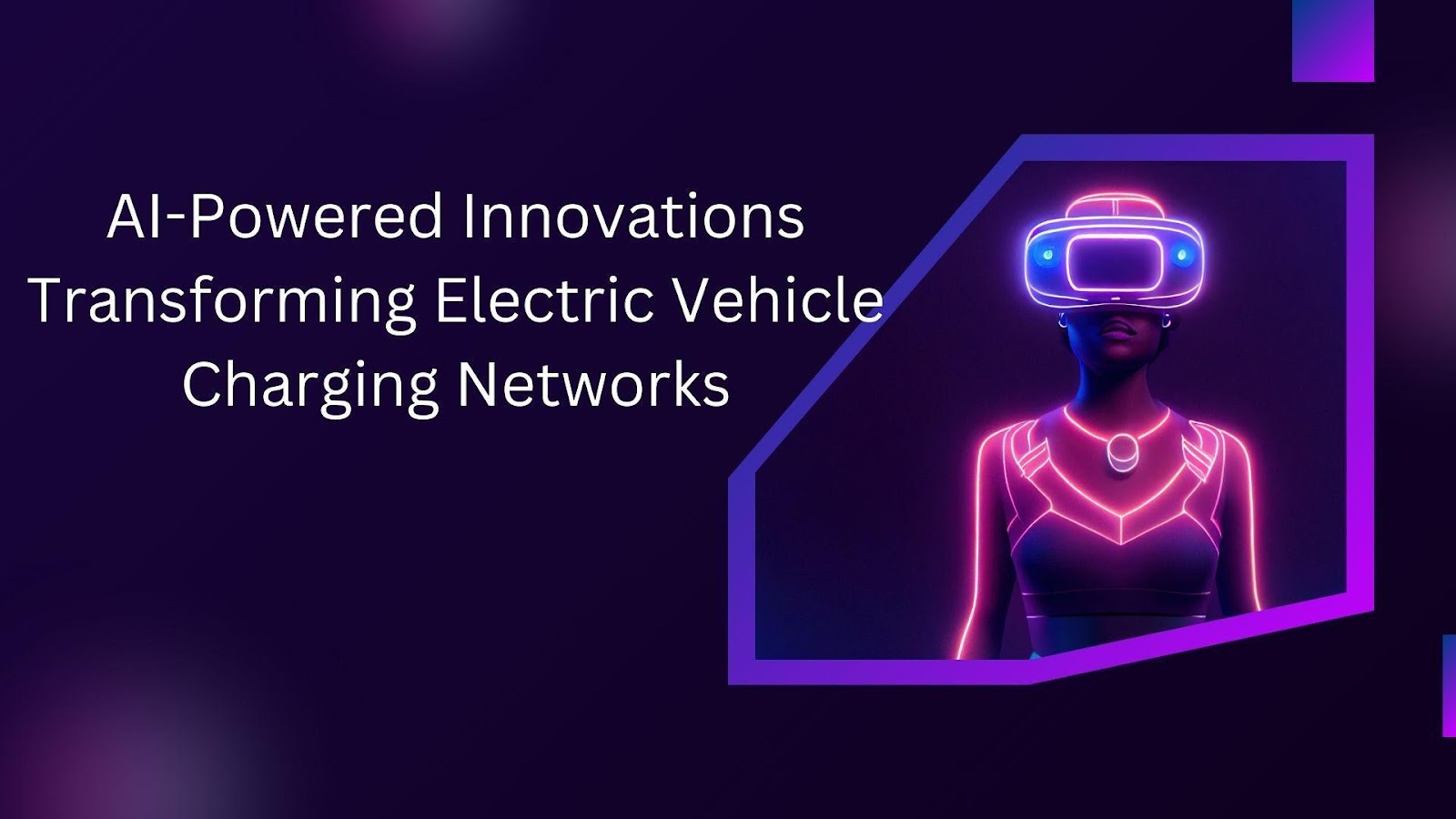As the electric vehicle (EV) market grows, optimizing charging infrastructure remains a pressing challenge. Abdul Muqtadir Mohammed , Neural networks capable of analyzing vast amounts of data, including energy prices, grid demand, and vehicle usage patterns. By leveraging machine learning algorithms, the system dynamically adjusts charging schedules, minimizing peak-hour consumption and reducing overall operational costs.
Blockchain Technology for Secure and Transparent Transactions
The optimization of EV charging networks extends beyond operational efficiency; it also plays a crucial role in reducing environmental impact. By prioritizing charging sessions during periods of high renewable energy availability, the AI system helps minimize reliance on fossil-fuel-generated electricity. The smart grid integration further contributes to sustainability by facilitating the efficient use of renewable energy sources, leading to a significant reduction in carbon emissions. Dynamic load balancing algorithms continuously assess grid conditions and renewable energy availability, automatically adjusting charging schedules to maximize green energy utilization. This intelligent orchestration optimizes environmental benefits while helping utilities maintain grid stability and reduce peak demand stress. The system’s machine learning capabilities enable it to forecast renewable energy generation patterns, allowing for proactive scheduling that aligns with clean energy availability.
IoT-Enabled Real-Time Monitoring and Smart Grid Integration
The integration of IoT in EV charging networks allows real-time monitoring of power consumption, battery status, and grid stability. Sensor networks deployed across charging stations collect crucial data, which is processed through edge computing nodes to enable real-time decision-making. By integrating with smart grids, the system supports vehicle-to-grid (V2G) capabilities, allowing energy to flow back into the grid during peak demand periods, thereby enhancing overall grid stability. Advanced machine learning algorithms analyze historical charging patterns and grid performance metrics to optimize power distribution and predict maintenance needs. This predictive capability enables proactive system management, reduces downtime, and ensures efficient resource allocation across the charging network. The distributed architecture strengthens network resilience while maintaining seamless communication between charging stations, vehicles, and grid operators.
Advanced Predictive Analytics for Energy Optimization
One of the key breakthroughs in this framework is its predictive analytics capabilities. By analyzing historical data and real-time inputs, the AI-driven system can forecast energy demands and optimize power distribution. This predictive approach enables the system to balance loads across multiple charging locations, ensuring that fleet vehicles remain operational while preventing strain on local energy infrastructure.
Multi-Agent Learning for Adaptive Charging Control
Unlike conventional charging management systems that rely on predefined rules, this innovative framework employs reinforcement learning. Through continuous feedback and adaptation, the AI model refines charging strategies, responding dynamically to fluctuating energy prices and grid conditions. This multi-agent learning approach has demonstrated substantial efficiency improvements, with reported reductions in energy costs and increased availability of fleet vehicles.
Sustainability and Environmental Benefits
The optimization of EV charging networks extends beyond operational efficiency; it also plays a crucial role in reducing environmental impact. By prioritizing charging sessions during periods of high renewable energy availability, the AI system helps minimize reliance on fossil-fuel-generated electricity. The smart grid integration contributes to sustainability by facilitating efficient use of renewable energy sources, leading to a reduction in carbon emissions. Dynamic load balancing algorithms assess grid conditions and renewable energy availability, adjusting charging schedules to maximize green energy utilization. This intelligent orchestration optimizes environmental benefits and helps utilities maintain grid stability. The system’s machine learning capabilities enable it to forecast renewable energy generation patterns, allowing for proactive scheduling that aligns with periods of clean energy availability.
Scalable Implementation for Future-Ready Infrastructure
Scalability remains a fundamental requirement for technological advancement in EV infrastructure. This AI-driven framework is designed for integration with existing charging networks while being adaptable to future developments. The modular nature of the system ensures compatibility with emerging charging standards and facilitates expansion as EV adoption rises.
In conclusion, The intersection of artificial intelligence, blockchain, and IoT is redefining the future of electric vehicle charging infrastructure. Abdul Muqtadir Mohammed presents a transformative solution that enhances efficiency, security, and sustainability in EV fleet management. With real-world applications demonstrating substantial cost savings and operational improvements, this AI-driven approach sets a new benchmark for the future of smart and sustainable transportation networks.

































